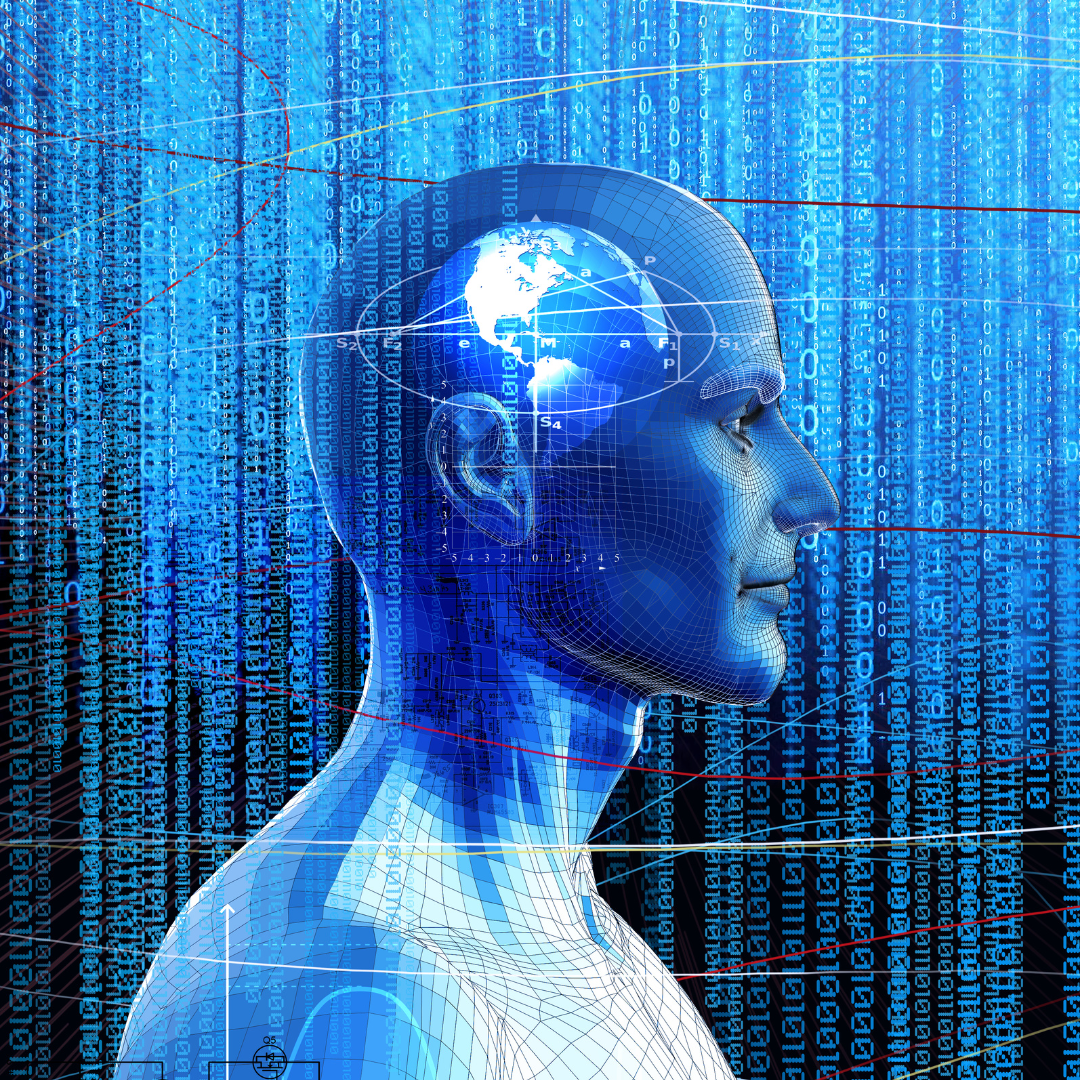
The age of intelligent machines has finally arrived. With ever-growing processing power, sensors, and software, it’s no wonder that many businesses are starting to adopt these machines.
However, this technology also comes with its own set of risks and challenges. If we don’t manage these risks properly, we could end up losing out on the benefits of intelligent machines.
In this article, we will explore the two sides of the equation: whether or not intelligent machines are our future. We will also discuss some of the potential risks and how you can address them.
What Is The Future of Intelligent Machines?
Intelligent machines have already found applications in numerous industries, showcasing their capacity for innovation and autonomous learning. While the future of these machines remains uncertain and necessitates further research, some predictions point towards increasing sophistication.
The evolution of intelligent machines is closely tied to the advancements in resources like advanced online data storage systems along with high hybrid cloud network security, as well as enhanced AI algorithms and powerful, efficiently-structured processors. These strides hold the potential to usher in a new era of machines capable of performing intricate tasks, potentially even taking on roles conventionally held by humans. However, the precise course of these advancements continues to be a topic of active exploration and discussion.
Are Intelligent Machines the Future or Not?
There is no doubt that intelligent machines are making significant inroads into our lives, and their impact will only continue to grow. While there is certainly debate over whether or not they are the future, one thing is for sure: they are here to stay.
One of the key benefits of intelligent machines is their ability to learn quickly. They can adapt to new situations and tasks much faster than humans, which means they can be more efficient in carrying out tasks. This has a range of benefits for businesses and individuals alike. For businesses, it means that they can react more quickly to changes in the market, and for individuals, it means that they can get more done with fewer resources.
On the downside, some people worry about the implications of artificial intelligence becoming too smart. If machines can think like humans, who will be responsible for taking care of them? And what will happen if they eventually become self-aware? These are valid concerns, but at this point, we don’t know how significant these risks are.
Overall, while some concerns related to artificial intelligence’s potential impact on society, I believe it is a positive development. Intelligent machines make our lives easier by allowing us to do things faster and more efficiently – something we couldn’t do without them!
Pros and Cons of Intelligent Machines
Intelligent machines are one of the most talked-about topics in technology. They’re seen as our future or a threat to human jobs. So which is it?
Intelligent machines can replicate or achieve results that would be difficult or impossible for humans to do on their own. For example, they could be used in car manufacturing to create perfect copies of parts or in surgery to perform complex tasks accurately.
Additionally, intelligent machines, such as those equipped with computer numerical control (CNC) technology, offer precision that is often unattainable by humans. For instance, in industries like metal artwork, businesses frequently turn to machines similar to CNC plasma tables to precisely cut and shape materials based on digital designs and instructions. Most of these industries explore firms that tend to offer cnc plasma tables for sale, thus allowing them to obtain these intelligent machines in bulk for their manufacturing requirements.
Furthermore, intelligent machines can process large amounts of data quickly and make decisions accordingly. This means they can save time and energy for humans, who can use that freed-up resources to do other things. Intelligent machines can make accurate predictions and assessments, which can be helpful in various fields, such as logistics or manufacturing.
AI technology has been touted as the future of computing because it can seemingly process and react to complex tasks faster than humans. However, there are also many potential cons to using AI, such as reducing jobs in the workforce, creating a new form of unemployment, and increasing automation putting people out of work. Additionally, AI could also be used to exacerbate social inequality by privileging skilled workers over those who are less experienced.
In the past few years, there has been a lot of discussion about whether or not intelligent machines are our future. Some believe they will eventually take over many aspects of our lives. In contrast, others think that we are still in the early stages of development and that human beings will always be superior at specific tasks. I don’t think it’s possible to say which option is correct, but I can tell you that whatever happens, we need to make sure that we are prepared for it.
